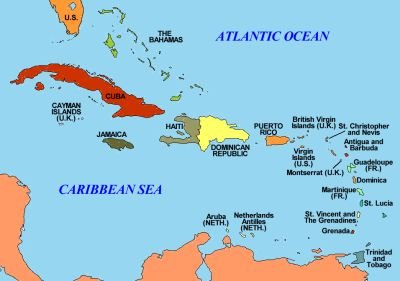In December 1984, I walked into the HMV store on London’s Oxford Street to spend a little discretionary money on an LP. Other albums drew me, but one had an advantage. It combined the talents of all the major ‘Top of the Pops’ singers in one song. Given the standards of British pop at the time (leaving aside Scritti Politti’s ‘Jacques Derrida’ and perhaps the Bronski Beat’s ‘Smalltown Boy’), the diminishing marginal returns at the cash register were held in check with only one purchase. It had to be Bob Geldof’s ‘Do they know it’s Christmas?’ The ‘charity single’ had all of Britain’s finest, from Paul McCartney to Boy George, from Siobhan Fahey (of Bananarama) to Sting. The song opens with African drums and Phil Collins’s drum kit, and then the flow of British vocalists, with a young Bono in full flight. Geldof named their charity super-group Band Aid, a name that morphed as the fever caught, into Live Aid, Sport Aid and so on. BBC ran the Band Aid song non-stop. It raised millions of pounds to buy relief for the survivors of the Ethiopian famine.
Earthquake Olympics
The survivors of the devastating earthquakes in Haiti and Chile are still scrambling to deal with the damage. Here, however, pundits are still scrambling to explain the dramatic difference in impact. Haiti’s quake on January 12 came in at 7.0 on the Richter scale, leveled the capital city, and left more than 200,000 dead. Chile’s earthquake on February 27 registered a magnitude of 8.8, which means it was 500 times more powerful than the Haiti shock. But fewer than 1,000 Chileans died, and the damage to buildings was considerably less.
Ghosts Threaten to Return to Haiti
Some of the advice for how Haiti ought to rebuild after the earthquake sounds hauntingly familiar. There are echoes of the same bad development advice Haiti has received for decades, even before the nation faced its current devastating situation. To avoid repeating past failures, we would be wise to review how previous aid models led down the wrong path.
Haiti: Recovery Bill Estimated at 11.5 Billion Dollars
In its draft “Preliminary Damage and Needs Assessment” (PDNA), which was prepared with the help of some of its bilateral and multilateral donors, the government projected total damages and losses caused by the quake at close to eight billion dollars.
Sweatshops Won’t Save Haiti
The United Nations will host a Haiti donors’ conference at the end of March.
This conference will be quite different from last year’s event, of course, coming as it does on the heels of the worst earthquake to strike Haiti in two centuries. An agenda has already begun to take shape: It’s already clear that a future Haiti must be populated with environmentally sustainable, earthquake-resistant buildings, for example, and it’s also clear that the international community must do something to ease Haiti’s massive debt burden.
Haiti: U.S. Lawmakers, NGOs Call for Debt Cancellation
Three weeks after Haiti’s devastating earthquake, nearly 100 U.S. lawmakers joined with key civil society groups here Thursday to urge the Group of Seven (G7) leading western nations to commit to cancelling all of the Caribbean country’s multilateral debt.
Guiding Haiti’s Roadmap to Recovery with Human Rights
Overwhelmed by sadness, empathy and disbelief, the world’s eyes are focused on the rescue and relief efforts for those in Haiti. However, many who have worked in Haiti fear that a preventable long-term disaster lies on the horizon if international interventions don’t break with past patterns. As international aid begins to pour into Haiti, we have a brief moment to break with past mistakes and bring real change to the country.
Haiti Again?
There’s a special kind of horror that comes from watching a human catastrophe escalate in front of our eyes, knowing that for most of us sending money is the only useful thing we can do. I remember seeing the terror of the Rwandan genocide explode, visible even on U.S. television, while up close and personal I watched the U.S. and French diplomats in the Security Council working openly to prevent the United Nations from acting to stop the genocidaires. And despite all the differences between natural disasters and those caused by human beings, the sense of helplessness is much the same watching the Haiti crisis from the safety of our living rooms.

Interview with Edwidge Danticat
FPIF’s E. Ethelbert Miller talks with Edwidge Danticat about her new memoir, U.S. immigration law, and U.S.-Haitian relations.

U.S.-Caribbean Relations
Key Points
